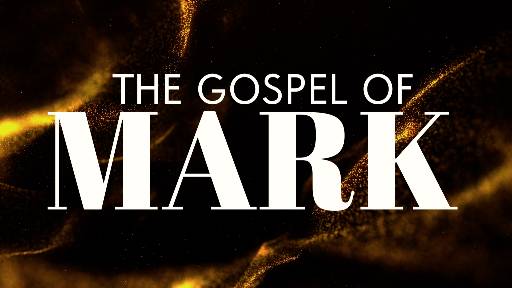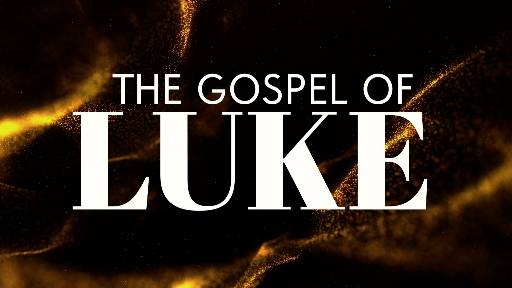-
"Breaking Barriers"
Contributed by Ken Sauer on Feb 8, 2018 (message contributor)
Summary: A sermon about Jesus calling all sinners.
“Breaking Barriers”
Mark 2:13-17
One verse in here that really stands out to me is verse 15.
It says: “And as he sat at dinner in Levi’s house, many tax collectors and sinners were also sitting with Jesus and his disciples—for there were many who followed him.”
There were many “tax collectors and sinners” who followed Jesus.
Why do you suppose that is?
What was it about Jesus that caused so many people who didn’t fit into the religious systems of the day, so many people who would never have been allowed to dine in “polite company” to follow Him?
We often think of Jesus as just traveling with the 12 disciples, but in all truth, there were hundreds and sometimes thousands of people who were following Jesus.
And by all accounts, these crowds included quite a few shady characters.
Jesus was not very particular about who He hung out with, who He was seen with, Who He was associated with.
As many of you know, Jim Fry has gone back to college.
I ran into him the other day and we got talking about his classes and the students he goes to school with.
Jim is having a good time and doing well, but he admits it is sometimes a bit “eye-opening” and strange to attend classes with kids in their teens and early 20’s.
He was telling me about being in a small group with some kids in one of his classes when the conversation turned toward being embarrassed to be seen with certain people.
One of the girls said that when she is in a grocery store and spots someone she is embarrassed to be seen speaking with, she will skip that aisle and go down another.
This kind of talk just about drives Jim nuts.
Most of us remember that kind of stuff from our younger days—whether we were the ones afraid to be seen with others or the ones others were afraid to be seen with.
(pause)
In our Gospel Lesson for this morning Jesus is walking along when He spots Levi sitting at his tax booth.
This was probably one of the despised toll booths set up along one of the main highways and at bridges.
Levi would have been a “turn-coat” Jew since he worked for the Roman Government and ripped off his own people.
He would also have been considered “unclean” by the religious establishment since he dealt with Gentiles and Gentile money.
We are told that Jesus saw “Levi son of Alphaeus sitting at the tax booth, and he said to him, “Follow me.”
I wonder how long it had been since someone called Levi by his full name instead of just calling him a name?
Levi was more likely to be called “Liar,” “Thief,” “Traitor” than anything else.
Among his people, Levi would have been considered outside the grace of God.
Levi was a horrible, horrible sinner.
Soon he would be called “Disciple.”
(pause)
Bob Homer’s family lived on “the other side of the tracks” as they used to call it.
They weren’t the most “upstanding” and “respectable” family in town.
They didn’t go to church.
Bob’s dad was boisterous and a bit of a trouble-maker.
And Bob was already getting into a bit of trouble himself.
But, Bob also had a job.
He was a newspaper boy.
And one of the people he delivered the newspaper to was the local Methodist Minister.
One day when Bob was collecting money from his clients the Methodist Minister got talking to him.
He asked Bob if he and his family went to church.
Bob said “no.”
Bob didn’t really even know what people did in a church—he’d never been in one.
Then the Methodist Minister said to Bob, “You do a real good job delivering my newspaper.
I bet you would also be good at handing out bulletins on Sunday morning.
We don’t have anyone to hand out bulletins.
Will you come and hand out bulletins for us this Sunday?”
Bob told the pastor he would have to ask his father for permission.
His dad was hesitant, but since he didn’t think it would last, he allowed Bob to do it.
That invitation to hand out bulletins in the local Methodist Church changed Bob’s life.
He went on to become a Methodist Minister himself.
He was my pastor when I was growing up.
And he was one of the most Christ-like people I have ever known.
Everyone loved him because he loved everyone.
The day before I left for college, Bob showed up on my doorstep.
He had to have known that I was a bit of a rebel and wasn’t the most stable kid around.
Anyway, Bob handed me a Bible.
And it turned out to be the first Bible I really read.

 Sermon Central
Sermon Central


